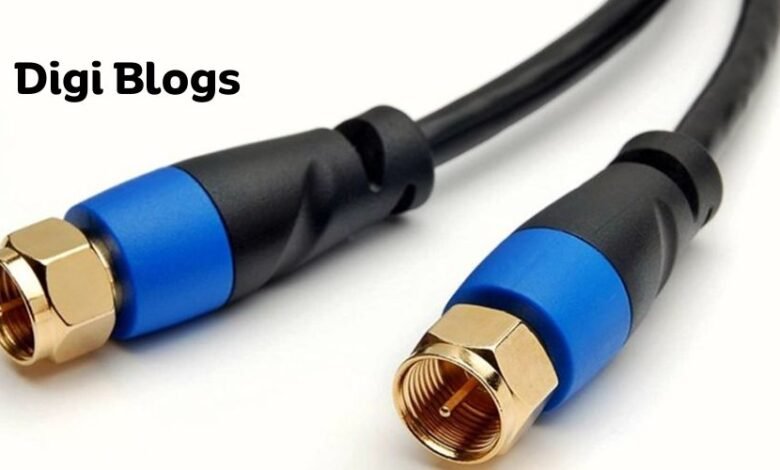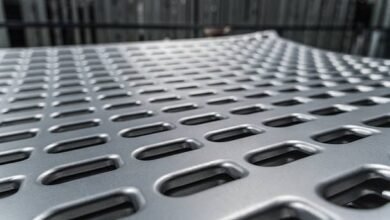What is TV Coaxial Cable? A Beginner’s Exploration into Connectivity Essentials

In an era of modern technology, we often encounter terms and devices that seem untouchable at first, and one such thing is TV coaxial cable, which helps us to connect to the world of entertainment. This article will explore the mysteries revolving around TV coaxial cables and tell you their purpose, structure, and significance in our digital age.
Understanding the Basics: What is TV Coaxial Cable?
A TV coaxial cable is a transmission line designed to look simple yet effective and efficient, carrying audio and video signals from an antenna or cable service provider to your television. It provides a shielded pathway for signals to travel while reducing interference. The term “coaxial” means the presence of a central conductor, usually made of copper or aluminium, surrounded by layers of insulating material, a metallic shield, and an outer insulating layer.
The Anatomy of TV Coaxial Cable: Layers of Functionality
Central Conductor
The central conductor carries the electrical signals at the innermost layer. The material and thickness of this conductor should be chosen smartly, as it can significantly impact the performance of the cable.
Insulating Material
Insulating material surrounds the central conductor, and it is generally made of materials like foam or solid plastic. This layer helps to prevent the electrical signals from escaping and interfering with the outer layers.
Metallic Shield
Metallic shields are typically composed of braided wire or foil, which act as a barrier against external interference, giving a clean and reliable signal transmission.
Outer Insulating Layer
The last layer is the outer insulating layer that provides extra protection and insulation, shielding the cable from environmental factors, such as moisture and physical damage.
The Purpose of TV Coaxial Cables: Bridging the Gap Between Signals and Screens
TV coaxial cables are so important to deliver high-quality audio and video signals from external sources to your television. No matter if you depend on antennas for over-the-air broadcasts or on cable or satellite subscription. The coaxial cable is that side hero that might not get the limelight but is crucial in ensuring a seamless connection, with its shielding properties being particularly important in urban areas where electromagnetic interference is common.
Significance in the Digital Age: Beyond Traditional Broadcasts
With the digital revolution, the world of smart TVs and streaming services, you might wonder about the relevance of traditional TV coaxial cables. Surprisingly, these cables are still crucial. When you stream services that require internet connections, coaxial cables come into play courtesy of cable and satellite providers for delivering high-bandwidth signals, including high-definition and even 4K content. Furthermore, TV coaxial cables are compatible with various devices, like cable modems and internet routers, showing their versatility in contributing to home entertainment and communication.
Choosing the Right Cable: Factors to Consider
It is crucial to consider several factors while selecting the TV coaxial cable, including the cable’s thickness (or gauge), material quality, and the type of shielding. Thicker lines offer better shielding that generally provides superior signal quality, ensuring a crisp, clear, high-definition image on your television.
Conclusion
With the constant evolution in technology, the TV coaxial cable remains a reliable companion in delivering high-quality content to your screens. It is important for you to understand the basic structure and purpose to make informed decisions when setting up your home for entertainment purposes, ensuring smooth connections. Now you know the importance of an unsung hero, TV coaxial cables, their functions and usage, and how they contribute to providing you with a better and smoother experience while you are enjoying your favourite TV show or a thrilling sports match.





